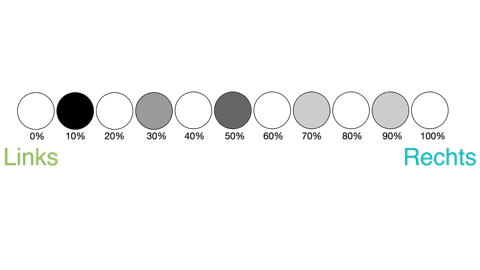Quantum cognition suggests that traditional classical models of decision-making based on classical probability theory and linear processes may not fully capture the complexity and nuances of human decision behavior.
In classical decision theory, decisions are often modeled as a straightforward process where individuals make rational decisions based on well-defined probabilities and objective information.
However, in many real-world situations, various factors such as emotions, biases, and context can influence human decision-making, leading to nonlinear and seemingly paradoxical behavior.
Quantum cognition introduces the idea that decision-making can involve the superposition of multiple potential states, similar to how quantum particles can exist in multiple states simultaneously until measured. This concept allows for a more flexible representation of decision processes, where alternatives can be evaluated simultaneously, and uncertainty and ambiguity can be better accounted for.

One of the key concepts in quantum cognition is "quantum probability." Unlike classical probabilities that add up to 1, quantum probabilities can be complex numbers and do not necessarily have to add up to 1. This allows for the consideration of context-dependent factors and the interaction between potential decision states.
Quantum cognition is an evolving field, and its application to decision-making and cognition is the subject of ongoing research and discussions. While some results suggest that quantum models might better explain certain cognitive phenomena, there is still no consensus on the validity and scope of the quantum-based approach to decision-making. Classical models based on probability theory and linear processes continue to be widely used and practical in many situations.


Leave A Comment